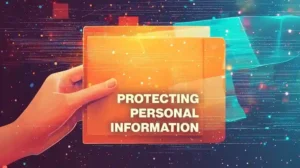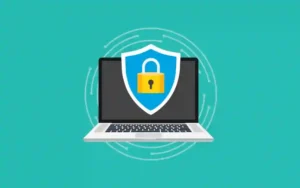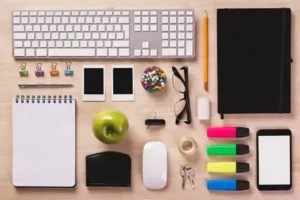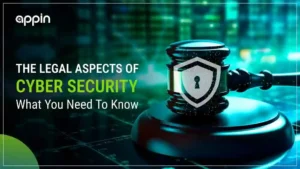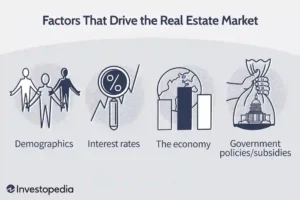The Role of Cybersecurity in Protecting Personal Privacy
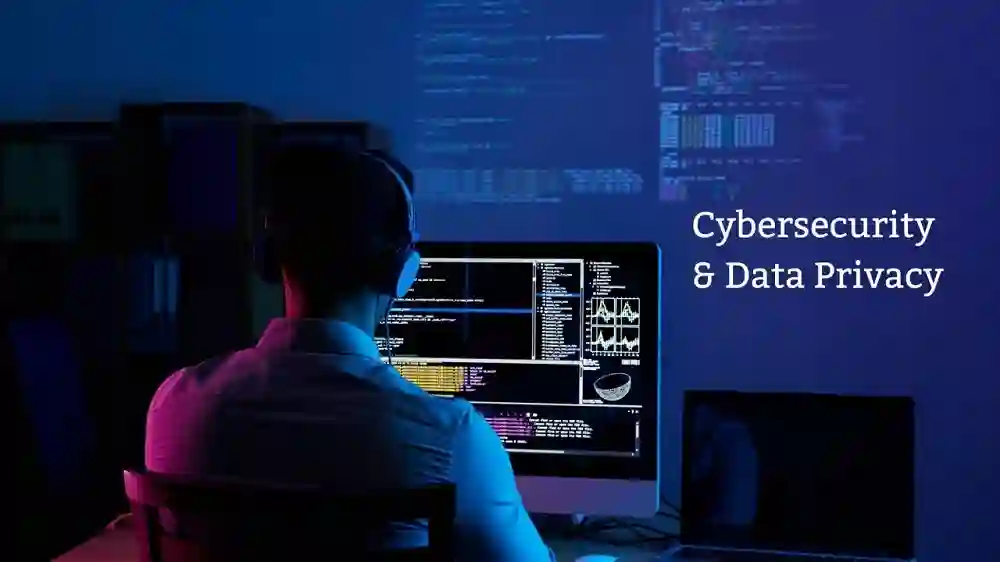
Introduction
Okay, let me just throw this out there: personal privacy feels like something out of a spy movie now. In a world where people are streaming, shopping, and even sharing their deepest thoughts online (I’m guilty of that too), it’s like everyone’s data is up for grabs. And don’t even get me started on those suspicious pop-ups asking me to “just click here” for an exclusive deal. Yeah, right.
So here’s the deal: personal privacy is a treasure, and if we’re not careful, it’s like leaving the front door wide open at night. Cybersecurity is what stands between you and the digital equivalent of a home break-in. I’m not talking about a random burglar—I mean someone swiping your sensitive data like they’re robbing a bank.
Let’s dive in, shall we?
Why Cybersecurity Is a Big Deal for Personal Privacy
The Wild Digital West
You know how it feels when you first get your hands on a new tech gadget? Exciting, right? Well, just like a shiny new car, the internet and all those cool apps come with their own set of risks. Here’s the thing: we’re living in a time when one wrong click could give hackers access to your personal privacy. And that’s no fun.
- Data Breaches: That time your email got hacked and suddenly all your passwords were leaked? Yeah, that’s not a fun memory. Hackers target vulnerable systems to grab sensitive data.
- Phishing Scams: I swear, the last phishing email I got was so convincing I almost clicked on it—almost. It was pretending to be from my bank. Spoiler: It wasn’t.
- Identity Theft: You’ve heard about it, but it feels like something that could never happen to you… until it does. Criminals use stolen data to impersonate folks, causing headaches.
- Malware and Ransomware: It’s like the digital equivalent of someone locking you out of your own house until you pay up. These malware attacks can steal or hold your data hostage.
Without solid cybersecurity in place, personal privacy is like a glass door in a bad neighborhood.
What You Can Do to Protect Your Personal Privacy
Okay, so now we’re in the trenches. You’re thinking, “Alright, how do I keep my data locked up like Fort Knox?” I’ve got a few tricks up my sleeve.
1. Strong Passwords + Multi-Factor Authentication (MFA)
Look, I get it. Remembering 57 passwords for every account is a nightmare. But trust me, creating a strong password (and using MFA) is the first line of defense for personal privacy. I used to just go with “password123” (don’t judge me), but those days are long gone. Now I use a password manager, and I’m all about using MFA whenever possible.
2. Encryption: Hiding Data Like a Pro
Remember the time I accidentally sent a sensitive email without encryption? Yeah, don’t be like me. Encryption’s like the secret code in spy movies—it makes your data unreadable unless you have the key. Whether it’s personal emails, cloud storage, or just sending that awkward family photo, encrypt your stuff. Protect your personal privacy.
3. Update Your Software (And Don’t Be Lazy About It)
Did you know that one of the easiest ways hackers get in is through outdated software? Yep, they’ll find a crack, squeeze right through, and grab whatever they want. Update your devices regularly—don’t be like me in my younger years, ignoring those “updates available” notifications like they were optional. They’re not. They’re crucial for protecting your personal privacy.
4. VPNs for Your Digital Anonymity
This one’s a game-changer. Using a Virtual Private Network (VPN) is like wearing a disguise in the digital world. It hides your IP address and encrypts your online traffic, keeping your personal privacy safe from hackers and prying eyes. A few months ago, I was vacationing in Oregon and connecting to Wi-Fi in a coffee shop… without a VPN. That was a mistake. Never again.
Why Businesses and Governments Should Care About Personal Privacy
The Corporate World and Cybersecurity
Look, I know businesses collect tons of data on all of us. I’ve even wondered if my shopping history has been sold to every ad agency on the planet. But businesses can’t just collect data and forget about cybersecurity. They’ve got to safeguard your personal privacy, too. I mean, come on—do you want your name splattered across the news for a data breach? Didn’t think so.
Corporate responsibility goes beyond the basics. It’s about using firewalls, setting up strong data protection protocols, and actually training employees to recognize security threats.
Government Regulation and Keeping It in Check
Fun fact: Did you know that in 2018, Europe rolled out the General Data Protection Regulation (GDPR)? Basically, this gives you the right to know what companies are doing with your data, and it makes it illegal for them to mishandle it. The U.S. has a similar rule with the California Consumer Privacy Act (CCPA).
These regulations are a big deal for personal privacy because they hold companies accountable for keeping your data safe. And as a consumer, that’s a win for all of us.
The Growing Threats to Personal Privacy
1. AI and Cyberattacks—What Could Go Wrong?
Here’s something crazy: AI isn’t just for robots or Siri anymore. It’s being used in cyberattacks to hack your data. Some of those phishing scams I mentioned earlier? Driven by AI. They can tailor a scam so well that even the savviest person might fall for it. I don’t want to be a victim again. Neither should you.
2. The Internet of Things (IoT)—Your Smart Devices Are Watching You
Remember when smart devices were supposed to make life easier? Yeah, they can be wicked useful. But guess what? They’re also vulnerable to hackers who want to snoop on your personal privacy. That smart fridge? It could be a potential doorway for cybercriminals. I learned the hard way, folks.
3. Social Engineering—Don’t Fall for It
Here’s a nightmare: someone calls you, impersonates your bank, and—bam—they get your password. This is called social engineering. It’s basically tricking people into handing over their data, and trust me, I almost fell for it once. Now, I’m hyper-cautious when someone asks for anything “sensitive.” Spoiler: I’m not giving you my password, Carol, no matter how friendly you sound.
What Can You Do to Protect Your Personal Privacy?
I won’t sugarcoat it—keeping your personal privacy safe takes work. But it’s worth it.
1. Social Media—Don’t Overshare
Remember when I posted that photo of my breakfast on Instagram last year? Not a good idea. We’re all guilty of oversharing sometimes, but here’s a pro tip: adjust your privacy settings and limit the personal info you put out there. The less cybercriminals know, the better.
2. Spot the Phish—Don’t Get Hooked
Do you know that feeling when you open an email, and something just doesn’t sit right? Trust your gut. Never click on links or download attachments from unknown sources. I almost downloaded a virus once because I didn’t follow my own advice. Never again.
3. Secure Websites = Safe Transactions
I learned this one after entering my credit card info on a shady website in the middle of the night. Huge mistake. Now, I always check for HTTPS before I shop. It’s the difference between a secure purchase and potential identity theft.
4. Backup Your Data
I remember the time my computer crashed without warning and wiped out all my important files. It was a disaster. These days, I back up everything I can—on external drives, the cloud, wherever it’s safest. That’s how you protect your personal privacy.
5. Enable Two-Factor Authentication
This is my final line of defense—two-factor authentication (2FA). It’s like locking your front door, then adding a second lock. Yes, it might seem like a hassle, but it’s 100% worth it. Your personal privacy will thank you.
The Future of Cybersecurity and Personal Privacy
Cybersecurity Tech on the Rise
Here’s some mind-blowing stuff: blockchain, biometric authentication, and even zero-trust security models are coming down the pipeline. These things are going to make your personal privacy feel a lot more secure. So, yeah, the future looks bright for cybersecurity.
Balancing Privacy and Security
As much as we need to be vigilant, we also have to think about the balance between privacy and security. A few years ago, I was a little paranoid about tech companies tracking my data. But I get it now—it’s a tricky balance, but one that we have to figure out as tech evolves.
Wrap-Up
Alright, let’s wrap this up before I drone on too long. Cybersecurity isn’t just for tech geeks—it’s for all of us. It’s about keeping your personal privacy safe from prying eyes, hackers, and cybercriminals. So, protect yourself, use common sense, and take some basic precautions.
And hey, if you’re ever in doubt, just ask yourself: Would you lock the door before leaving the house? Then do the same for your personal privacy.
